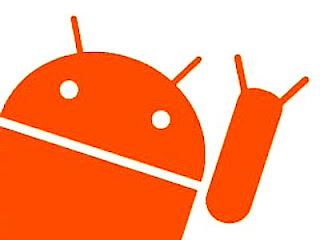Google hasn't given up on creating its own consumer electronics gear.
The Wall Street Journal is reporting that the company is working on a home entertainment device that would "stream music wirelessly throughout the home" and be marketed under Google's name.
A Google spokesman declined to comment.
According to the Journal, this would mark Google's first "full-fledged effort to design and market consumer electronics devices" under its own brand. That may be, but Google has dabbled with creating consumer products before and has met with mixed results.
Google TV was software intended to power smart TVs and other Web-connected devices and that effort has so far flopped. Then there was the Nexus One, the so-called Google Phone. The device was built by HTC and was also a commercial flop, but the Android operating system that powered the phone has been a huge hit for other carriers that offer the software in their handsets.
With the Nexus One and Google TV, the search company partnered with hardware makers. This time Google is doing it all, according to the Journal. It's not like Google doesn't know how to build hardware. Consider the company's innovative in-house server design, for example. The troubles for Google seem to come with consumer goods.
Last May, Google said it plans to put Android at the center of a host of electronically connected devices--everything from home lighting and irrigation systems to game controllers and keyboards.
The company also said at the Google I/O event that the plans include a small Android device called Project Tungsten, which would connect to speakers and home stereo systems to stream music from Google's new cloud-based music system.
It looks like Sonos and Bose, makers of a high-end home audio systems, have a big competitor coming. For years now, we've heard how nothing has replaced home stereo systems in the digital age. If you're younger than 30, you probably don't remember how high-fidelity stereo systems were once as common in people's homes as TV sets.
Once, people used to listen to albums with friends and family, but since the iPod debuted in 2001, we've stuck ear buds into our ears and listening has largely been a solitary experience. The question for this market segment is whether people still want to share music in this way.
(Via Crave)







